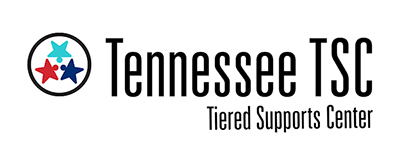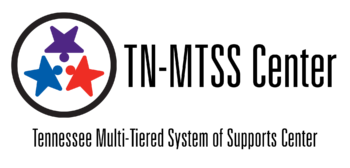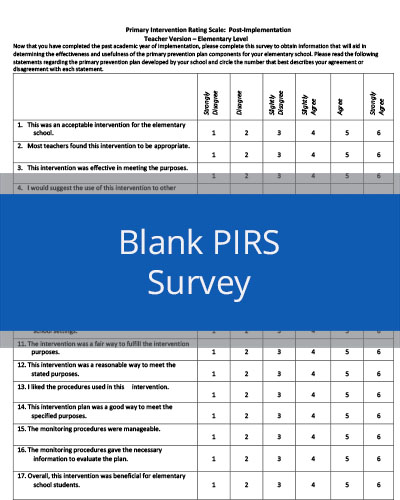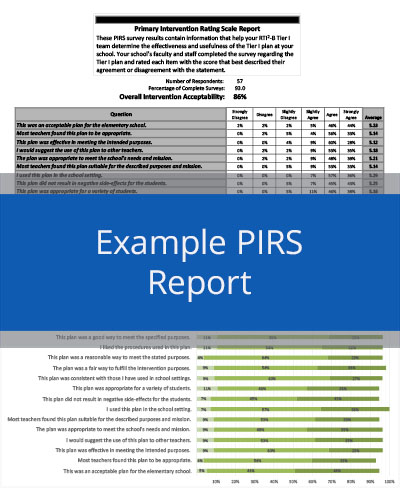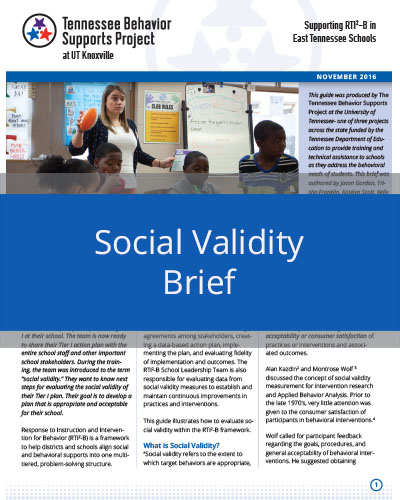
TA Director Interview Series – Part I
This newsletter marks the start of a three-part series highlighting the work of each of our regional technical assistance teams. This month, we are thrilled to feature our East Region and a chat with Jessica Eshbaugh, Technical Assistance Director – East Region.
Please introduce yourself and tell us what you do at the Tennessee TSC.
Eshbaugh: My name is Jessica Eshbaugh. I am the Technical Assistance Director for the East Region, which is located at the University of Tennessee in Knoxville. I’m an organizer, I’m a supporter, and I’m a collaboration leader for all our technical assistance, which involves district partnerships with school districts across East Tennessee.
Are there any unique characteristics of your region that impact the work? And can you describe those?
Eshbaugh: East Tennessee is described as its own state in Tennessee. It’s pretty spread out and we have many, I would say, small to moderately sized districts that just have a need for resources. So the resources we’re creating, the supports that we’re creating, the modules that the content team is creating are really welcomed by those districts because they just don’t have those things.
Can you tell me about something your region takes the lead on for Tennessee TSC?
Eshbaugh: Our region owned the creation of our first-ever district-level recognition program for RTI2-A + RTI2-B. Last year we launched our Groundbreakers Award, which is the initial level of recognition, for those who are breaking new ground towards alignment of their tiered frameworks. And right now, I’m writing about the two additional levels [that will be added to the recognition program next year]. One level will be our Change Makers and those are districts that have continued this work, have dug deeper, and have implemented with greater fidelity beyond Groundbreakers. And then, our highest level will be Community Builders, and those are districts that are showing features of implementation that allow them to be mentors, leaders, and exemplars of this work in the region. And we’re also working on a sustainable way for districts to take the ownership themselves in recognizing their schools. So that’s another guide we’re working to release.
What is a word of advice you have for your districts looking to improve their RTI2-A + RTI2-B implementation?
Eshbaugh: I think, in a nutshell, apply everything you know about RTI to the system itself. Be responsive to your own system. The heart of continuous improvement and that attitude of responsiveness and progress monitoring your own systems is what you need to keep it growing and keep it on track for as quickly as students change.
Any closing thoughts?
Eshbaugh: I think there’s a lot of ways to support districts. We support districts with open-access resources and opportunities to come to webinars. Complementing that with the possibility of a ‘roll-up-your-sleeves coach’ is a critical ingredient to success for a lot of these districts, and I’m just really glad that the TN-TAN network has valued giving us as a thought partner to our districts so that they can work with us through these stages of implementation instead of feeling that they have to do this on their own.
